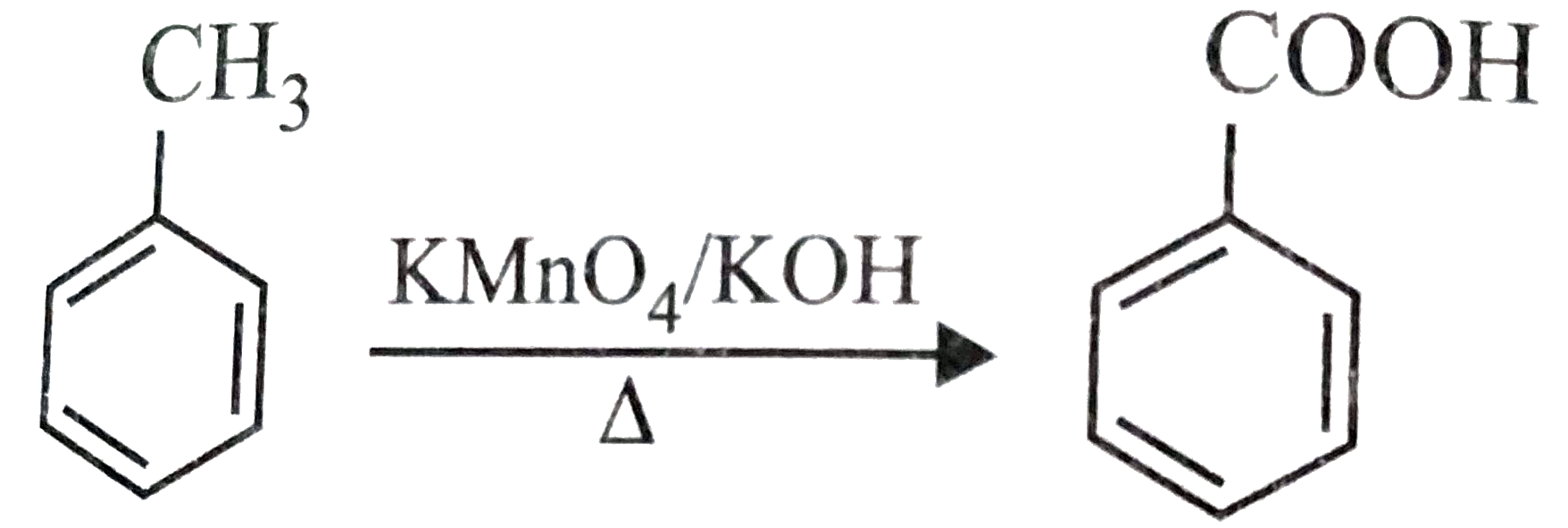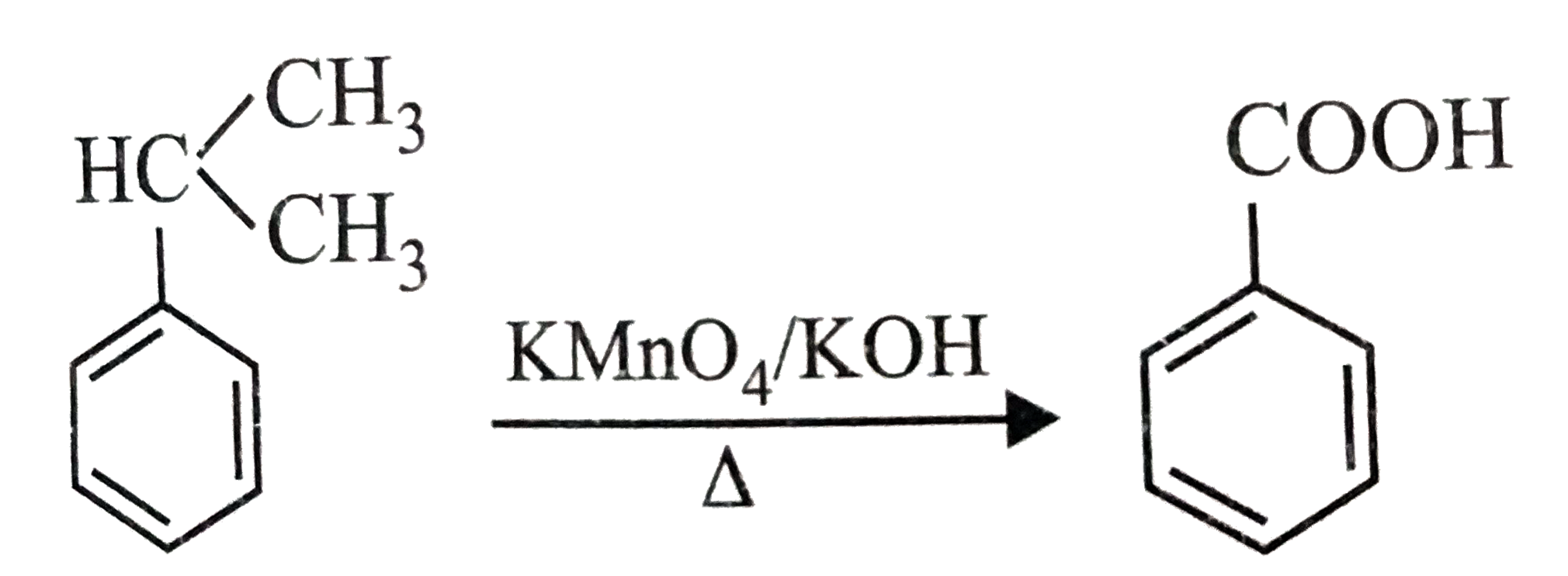In which one of the following reactions, oxidative decarboxylation does not occur ?
Malic acid → Pyruvic acid
Pyruvic acid → Acetyl Co - A
Glyceraldehyde 3- phosphate → 1,3 bisphosphoglyceric acid
α ketoglutaric acid → Succinyl Co - A
The correct Answer is:C
To determine in which reaction oxidative decarboxylation does not occur, we will analyze each option provided in the question.
1. Understanding Decarboxylation:
- Decarboxylation is the process of removing a carboxyl group (-COOH) from a molecule, which results in the release of carbon dioxide (CO2). Oxidative decarboxylation specifically involves the oxidation of the substrate along with the decarboxylation.
2. Analyzing Each Reaction:
- Option 1: Malic acid to Pyruvic acid:
- Malic acid (C4) converts to pyruvic acid (C3). Here, one carbon is lost as CO2, indicating decarboxylation occurs.
- Option 2: Pyruvic acid to Acetyl Coenzyme A:
- Pyruvic acid (C3) converts to acetyl CoA (C2). Again, one carbon is lost as CO2, indicating decarboxylation occurs.
- Option 3: Glyceraldehyde 3-phosphate (G3P) to 1,3-bisphosphoglycerate (1,3-BPGA):
- G3P (C3) converts to 1,3-BPGA (C3). There is no loss of carbon; hence, no decarboxylation occurs in this reaction.
- Option 4: Alpha-ketoglutaric acid to Succinyl Coenzyme A:
- Alpha-ketoglutaric acid (C5) converts to succinyl CoA (C4). One carbon is lost as CO2, indicating decarboxylation occurs.
3. Conclusion:
- The only reaction where oxidative decarboxylation does not occur is the conversion of Glyceraldehyde 3-phosphate to 1,3-bisphosphoglycerate (Option 3).
Final Answer:
Glyceraldehyde 3-phosphate to 1,3-bisphosphoglycerate does not involve oxidative decarboxylation.
---
- Decarboxylation is the process of removing a carboxyl group (-COOH) from a molecule, which results in the release of carbon dioxide (CO2). Oxidative decarboxylation specifically involves the oxidation of the substrate along with the decarboxylation.
- Option 1: Malic acid to Pyruvic acid:
- Malic acid (C4) converts to pyruvic acid (C3). Here, one carbon is lost as CO2, indicating decarboxylation occurs.
- Option 2: Pyruvic acid to Acetyl Coenzyme A:
- Pyruvic acid (C3) converts to acetyl CoA (C2). Again, one carbon is lost as CO2, indicating decarboxylation occurs.
- Option 3: Glyceraldehyde 3-phosphate (G3P) to 1,3-bisphosphoglycerate (1,3-BPGA):
- G3P (C3) converts to 1,3-BPGA (C3). There is no loss of carbon; hence, no decarboxylation occurs in this reaction.
- Option 4: Alpha-ketoglutaric acid to Succinyl Coenzyme A:
- Alpha-ketoglutaric acid (C5) converts to succinyl CoA (C4). One carbon is lost as CO2, indicating decarboxylation occurs.
- The only reaction where oxidative decarboxylation does not occur is the conversion of Glyceraldehyde 3-phosphate to 1,3-bisphosphoglycerate (Option 3).
Glyceraldehyde 3-phosphate to 1,3-bisphosphoglycerate does not involve oxidative decarboxylation.
Similar Questions
Knowledge Check
Which of the following reactions does not involve decarboxylation?
ACH3COOAg+Br2CCl4−−−−−→ΔB C
C D
D
Which of the following reactions does not occur ?
A B
B C
C D
D
Which of the following reaction is oxidation- reduction?
View SolutionIn which of the following reactions, oxygen is an oxidant?
View SolutionWhich one of the following reaction occurs at the cathode
View SolutionWhich of the following reactions occurs at the cathode?
View SolutionWhich of the following reaction does not occur?
View SolutionWhich of the following is not a substrate for decarboxylation?
View Solution
